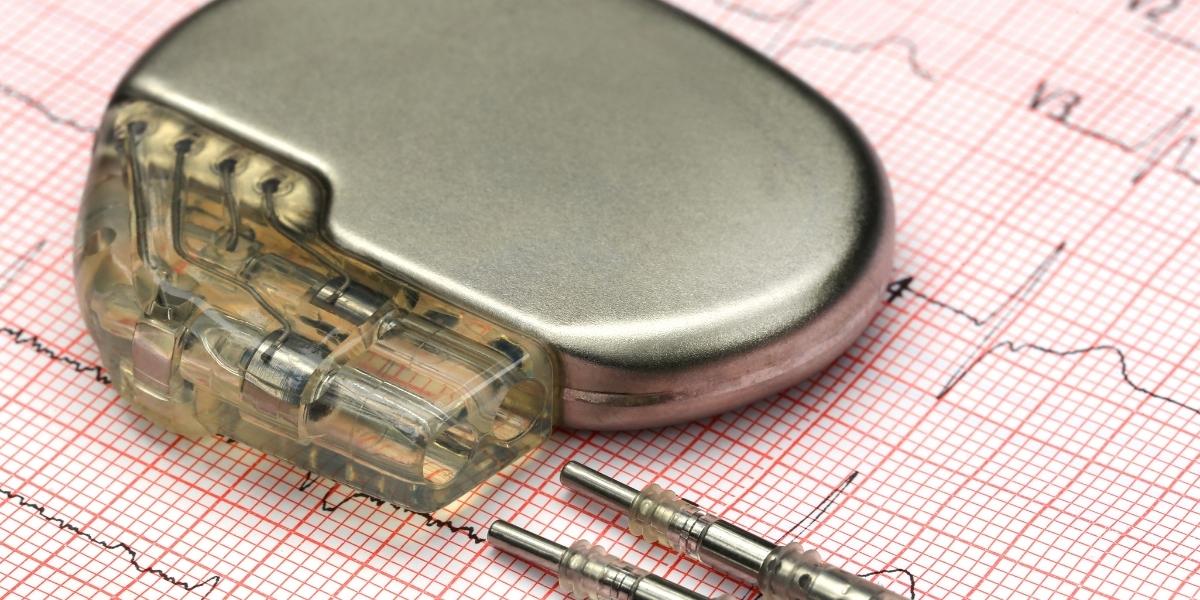CMS and the FDA can fix post-market surveillance for implantable devices
April 23, 2021
In their Health Affairs Blog, Dan C. Krupka, PhD, of Twin Peaks Group; Natalia A. Wilson, MD, MPH, of Arizona State University and Mayo Clinic School of Medicine; and CSPH researchers Joel Weissman, PhD, and Amanda J. Reich, PhD, MPH examine the safety risk posed by the current lack of a rigorous post-market surveillance system for medical devices, which relies instead on voluntary adverse event reporting. Medical devices, such as pacemakers or stents, can help diagnose, treat, or prevent health problems. Companies that manufacture these devices label them with unique device identifiers (UDIs), which contain make, model, and expiration date information. Like a barcode, these UDIs can be scanned by healthcare providers and added to a patient’s medical record. By adding the UDI to patient insurance claims as well, this data could be tracked over time and across health systems, allowing researchers to monitor medical device safety and alert patients in case of device recall. Funded by PCORI, the research team behind the blog worked with two health systems, in Massachusetts and Pennsylvania, to develop a process to transmit UDIs recorded at the point of care to insurance claims of a health insurer.
While the Food and Drug Administration (FDA)-created Sentinel System, which monitors the use of drugs and outcomes of treatments via national drug codes, was expanded to track medical devices in 2012 and UDIs are required by the FDA, there is no requirement or widespread system in place for healthcare providers to track the medical devices they implant. In this post, the researchers argue that the Centers for Medicare and Medicaid (CMS) and the FDA are in a position to rectify this, outlining the steps needed to create an effective post-market surveillance system by 2025.
Update: Sens. Elizabeth Warren (D-Mass.) and Chuck Grassley (R-Iowa) are urging a panel that advises Medicare on medical forms (the Accredited Standards Committee – X12) to finalize a change that could make it easier to track the use of implantable devices like pacemakers and knee replacements.


